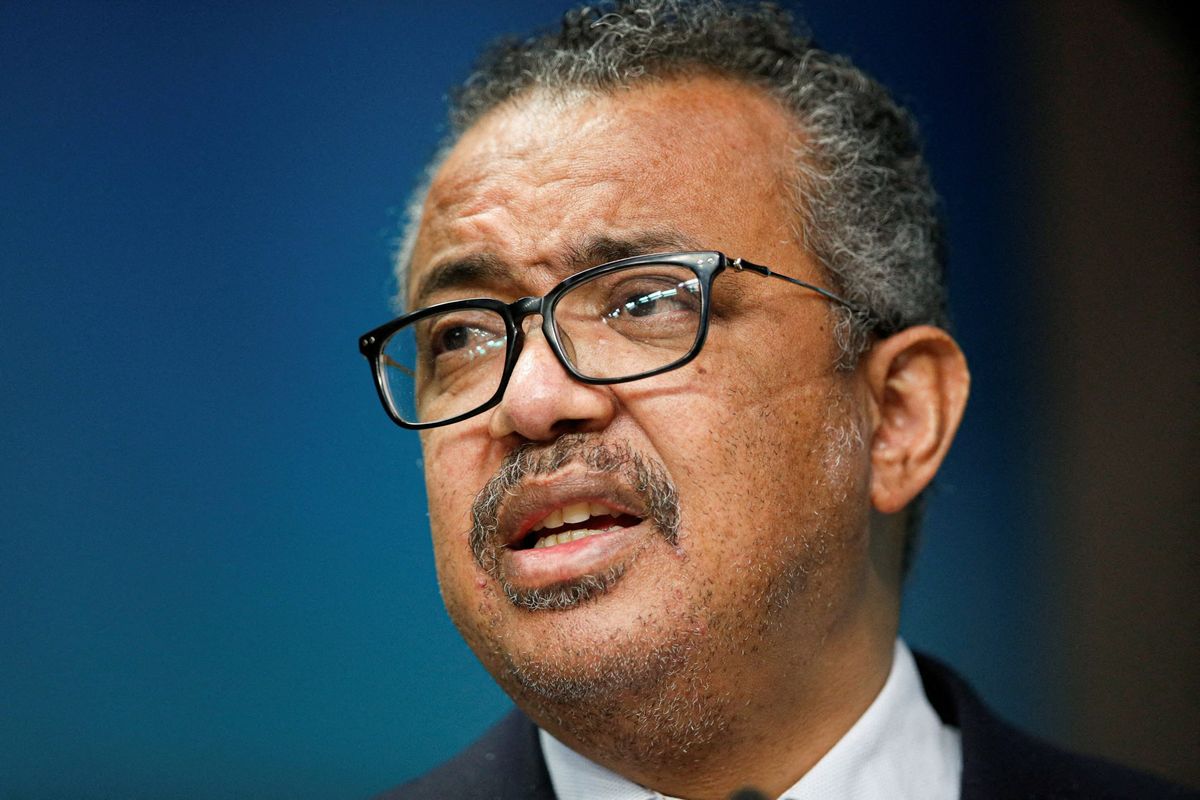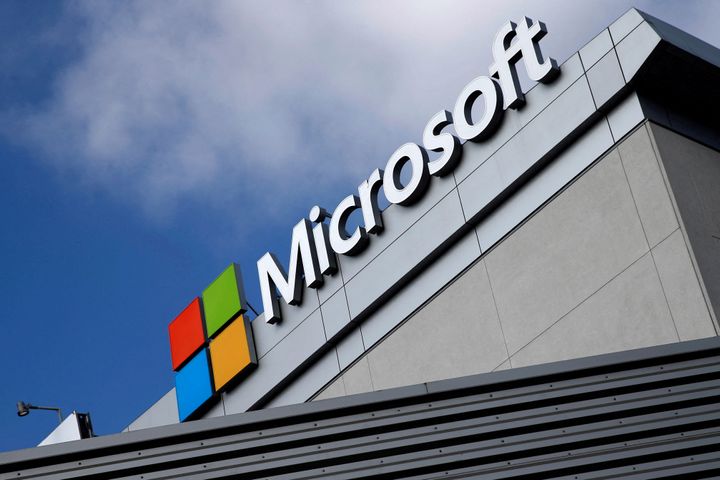The WHO declares monkeypox a health emergency

A few minutes every morning is all you need.
Stay up to date on the world's Headlines and Human Stories. It's fun, it's factual, it's fluff-free.
Monkeypox is the cousin of smallpox and was first detected in Africa in the 1950s. For years, it’s been spreading in developing countries, but recently, cases of it have been found in Europe, the US and Asia. It creates flu-like symptoms coupled with a rash that typically starts on a patient’s face before spreading down their body. It lasts for around two weeks to one month and can also be fatal. Up to now, there have been around 16,000 cases across 75 countries and regions, with five deaths in Africa. Most of the people who have contracted it are males between 30 to 40 years old.
During a press briefing on Saturday, the WHO declared that the “outbreak of monkeypox constitutes a Public Health Emergency of International Concern," which makes it the third ongoing health emergency, alongside coronavirus and polio. According to the WHO head Dr. Ghebreyesus, while the WHO committee couldn’t come to an agreement on whether monkeypox should be a health emergency, he ruled it one because of its fast spread and the little understanding we have of it. He also said that there was a clear risk of international spread. The risk, right now, is moderate in all regions except for in Europe, where it’s high.
Key comments:
“Under the International Health Regulations, I am required to consider five elements in deciding whether an outbreak constitutes a public health emergency of international concern. First, the information provided by countries – which in this case shows that this virus has spread rapidly to many countries that have not seen it before; Second, the three criteria for declaring a public health emergency of international concern, which have been met; Third, the advice of the Emergency Committee, which has not reached consensus; Fourth, scientific principles, evidence and other relevant information – which are currently insufficient and leave us with many unknowns; And fifth, the risk to human health, international spread, and the potential for interference with international traffic. WHO’s assessment is that the risk of monkeypox is moderate globally and in all regions, except in the European region where we assess the risk as high.There is also a clear risk of further international spread, although the risk of interference with international traffic remains low for the moment. So in short, we have an outbreak that has spread around the world rapidly, through new modes of transmission, about which we understand too little, and which meets the criteria in the International Health Regulations. For all of these reasons, I have decided that the global monkeypox outbreak represents a public health emergency of international concern," said Dr. Ghebreyesus at a press conference following the IHR Emergency Committee.
“Since early May 2022, cases of monkeypox have been reported from countries where the disease is not endemic, and continue to be reported in several endemic countries. Most confirmed cases with travel history reported travel to countries in Europe and North America, rather than West or Central Africa where the monkeypox virus is endemic. This is the first time that many monkeypox cases and clusters have been reported concurrently in non-endemic and endemic countries in widely disparate geographical areas. Most reported cases so far have been identified through sexual health or other health services in primary or secondary health-care facilities and have involved mainly, but not exclusively, men who have sex with men," wrote the WHO in a statement.




Comments ()